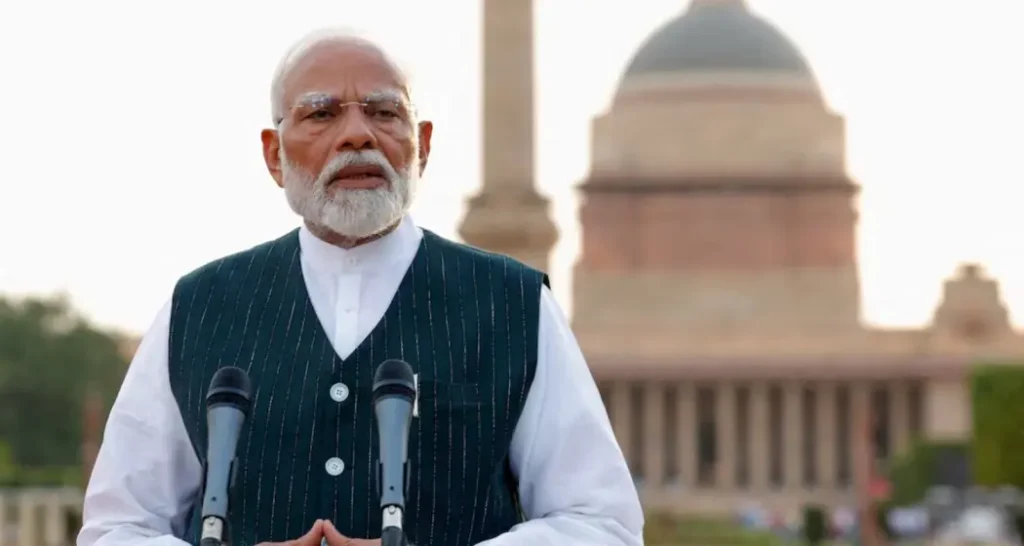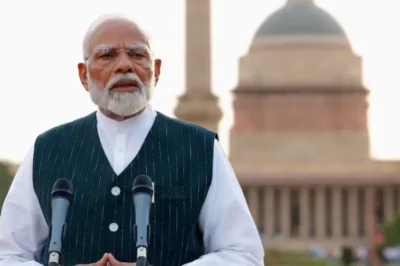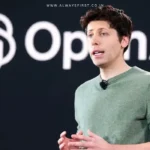
Samvidhan Hatya Diwas launched
Marking the 50th anniversary of the Emergency declared on 25 June 1975, the Centre led by Prime Minister Narendra Modi has officially designated the day as Samvidhan Hatya Diwas, or Constitution Murder Day. This observance underscores the symbolic importance of standing vigilantly against constitutional subversion.
“Democracy under arrest” – the Prime Minister’s message
In a series of posts on X (formerly Twitter), PM Modi described the Emergency as “one of the darkest chapters” in India’s democratic history. He asserted that fundamental rights were suspended, press freedom extinguished, and the voice of Parliament stifled. He emphasised that the 42nd Constitutional Amendment, which greatly weakened judicial oversight, was a deliberate attempt by then-Congress leadership to centralise power.
Honouring those who resisted
Modi paid homage to the countless individuals, politicians, activists, students, and ordinary citizens, who stood firm in the face of state repression. The Union Cabinet passed a resolution, observed a two-minute silence, and pledged to commemorate their unwavering commitment to democracy.
Political reverberations across the country
The centenary observance sparked sharp political reactions. In Rajasthan, BJP leaders called the Emergency a “dark stain” on democracy, sharing personal stories of family members who were imprisoned. They accused the Congress of using authoritarian tactics purely to cling to power. Meanwhile, Union Minister C.R. Patil criticised the Nehru-Gandhi family for allegedly turning India into a political monarchy, and praised Modi’s post-2014 efforts to strengthen constitutional values.
Congress hits back, alleging hypocrisy
The opposition refuted these claims, accusing the BJP-led government of hypocrisy. Congress president Mallikarjun Kharge accused the Centre of orchestrating this remembrance to distract from its administrative failures, and even compared it to an “undeclared Emergency” under PM Modi. Senior Congress figures like Jairam Ramesh and Priyanka Kakar called the move a self-serving political stunt, and turned the focus back to BJP’s own record on constitutional amendments and institutional checks. They framed the confrontation as part of a larger ideological struggle over democratic erosion.
Shiv Sena leader Raut supports the Emergency
Adding another layer to the debate, Shiv Sena (UBT) MP Sanjay Raut defended the Emergency, framing it as a constitutional measure that restored discipline during a time of national turmoil. He pointed out that key figures like B.R. Ambedkar had included emergency provisions in the Constitution, and even RSS founder Balasaheb Thackeray reportedly supported the move then. Raut criticised the NDA for staging what he called a “political drama” around Samvidhan Hatya Diwas.
Cultural remembrances and public engagement
Public events across India highlighted the historical significance of this day. In Delhi, an exhibition at Thyagaraja Stadium featured prison diaries, artworks, and archival material that evoke both the brutal crackdown on civil liberties and the resilience of those who resisted. In Gandhinagar, Gujarat’s Chief Minister Bhupendra Patel echoed Modi’s narrative, drawing a contrast between the 1975 Emergency and the current government’s commitment to constitutional rule. He recalled Modi’s earlier gesture of placing the Constitution on an elephant during the “Constitution Pride Yatra.”
Why this debate matters today
The nationwide discourse around Samvidhan Hatya Diwas is far from mere history. It comes amid growing concerns about institutional checks and fundamental rights in the present day. Proponents of the commemoration argue that it serves as a powerful reminder to successive generations to remain vigilant. Critics label it a politically motivated attempt to overshadow contemporary issues such as allegations of government overreach and curbs on press freedom.
Broad public and political perspectives
Echoing the deep national divide, BJP leaders describe the Emergency as a time when authoritarianism overshadowed India’s democratic ideals. Congress and allies retort that the current government’s stance smacks of political opportunism and threatens to normalize public memory of democratic regression. Meanwhile, voices like Raut’s challenge prevailing narratives, arguing that historical context matters.
The 50th anniversary of the Emergency and its branding as Samvidhan Hatya Diwas thus marks more than historical reflection, it reflects a wider ideological battle over India’s democracy, the sanctity of institutions, and the struggle between remembering and forgetting. As events conclude, the underlying question remains: will the constitution’s “murder” stay forgotten, or does this observation strengthen India’s democratic spine?









































Leave a Reply